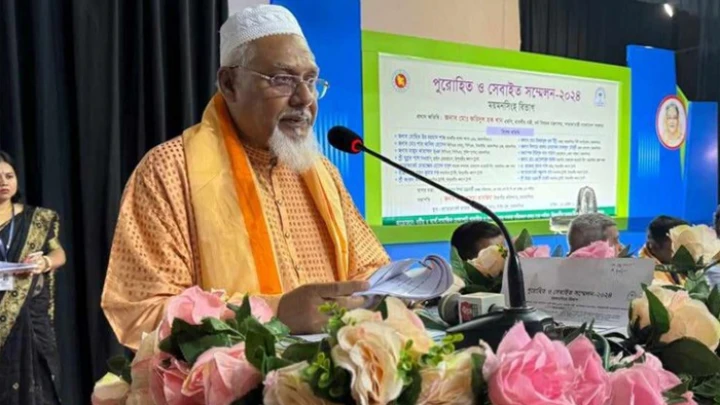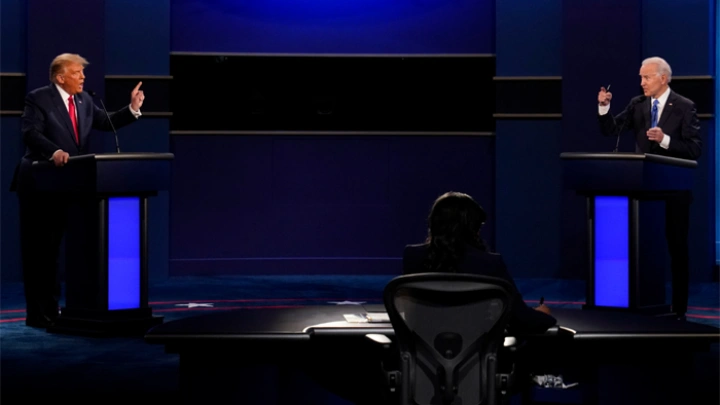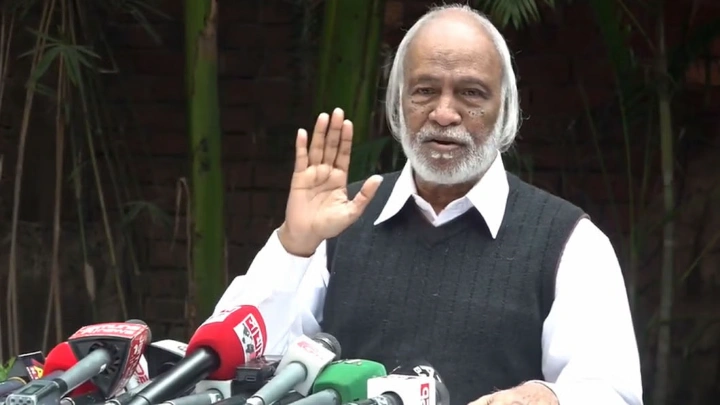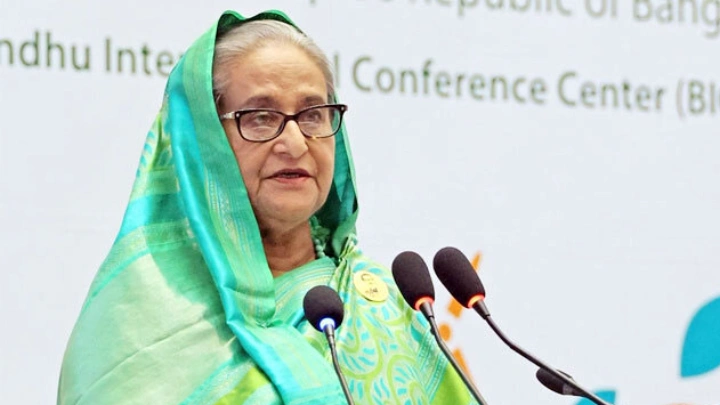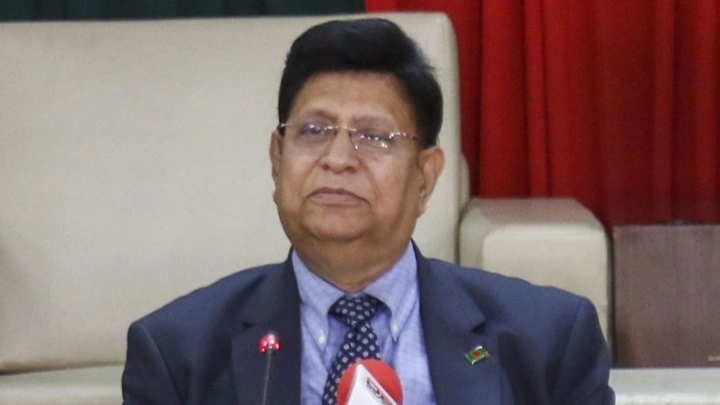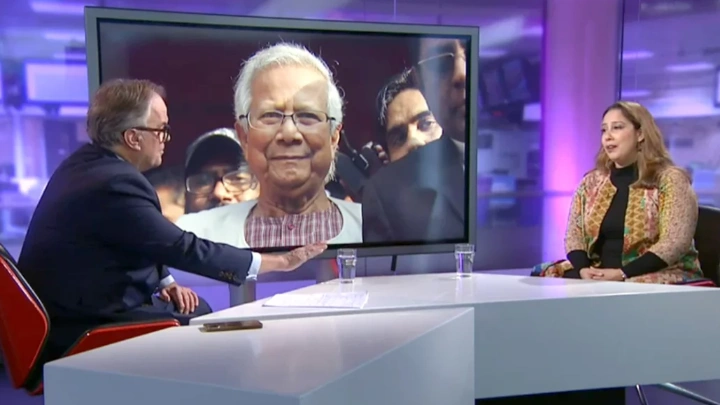Dr Yunus sentenced to 6 months in jail
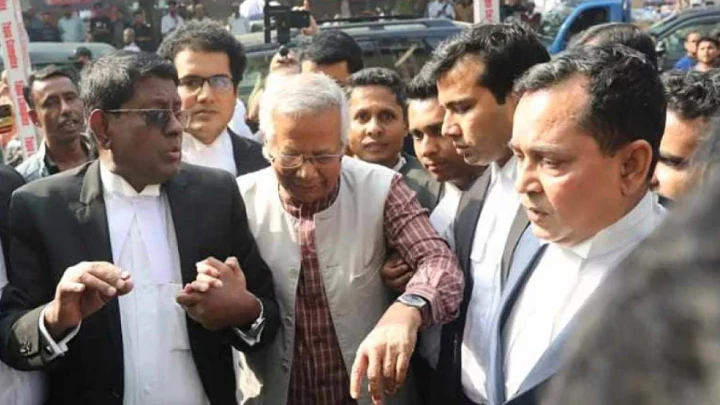
- Secures bail
- Case filed in 2021
A Dhaka court has sentenced Nobel laureate Dr Muhammad Yunus, chairman of Grameen Telecom, and three others to six months in jail over labour law violations.
Dhaka Labour Court 3 judge Sheikh Marina Sultana announced the verdict on Monday and later granted them bail after they filed separate petitions.
The court also fined them Tk5,000 under one section and Tk25,000 under another, in default of which they would have to spend an additional 10 and 15 days in prison.
The labour court gave them one month to file an appeal in the High Court to challenge the judgement.
Dr Yunus and the three other accused in the case – Grameen Telecom CEO Md Ashraful Hassan, Managing Director M Shahjahan and Trustee Nurjahan Begum – appeared in court at 1:35 pm.
After concluding arguments in the case on December 24, the court set Monday for the verdict.
Dr Yunus was facing more than 100 other charges over labour law violations and alleged graft.
After one of the hearings last month, he told reporters that he had not profited from any of the more than 50 social business firms he had set up in Bangladesh, reports AFP.
"They were not for my personal benefit," Yunus said.
In August, 160 global figures, including former US president Barack Obama and ex-UN secretary-general Ban Ki-moon, published a joint letter denouncing "continuous judicial harassment" of Yunus.
The signatories, including over 100 of his fellow Nobel laureates, said they feared for "his safety and freedom".
On September 9, 2021, a case was filed by the Department of Inspection for Factories and Establishment against Dr Muhammad Yunus and three others for violating labour laws.
According to case files, the department noticed several labour law violations during an inspection at Grameen Telecom.
The violations include failing to permanent the jobs of 101 workers and employees, not forming a workers' participation fund and welfare fund, and failing to provide 5% of the company's dividend to workers.

